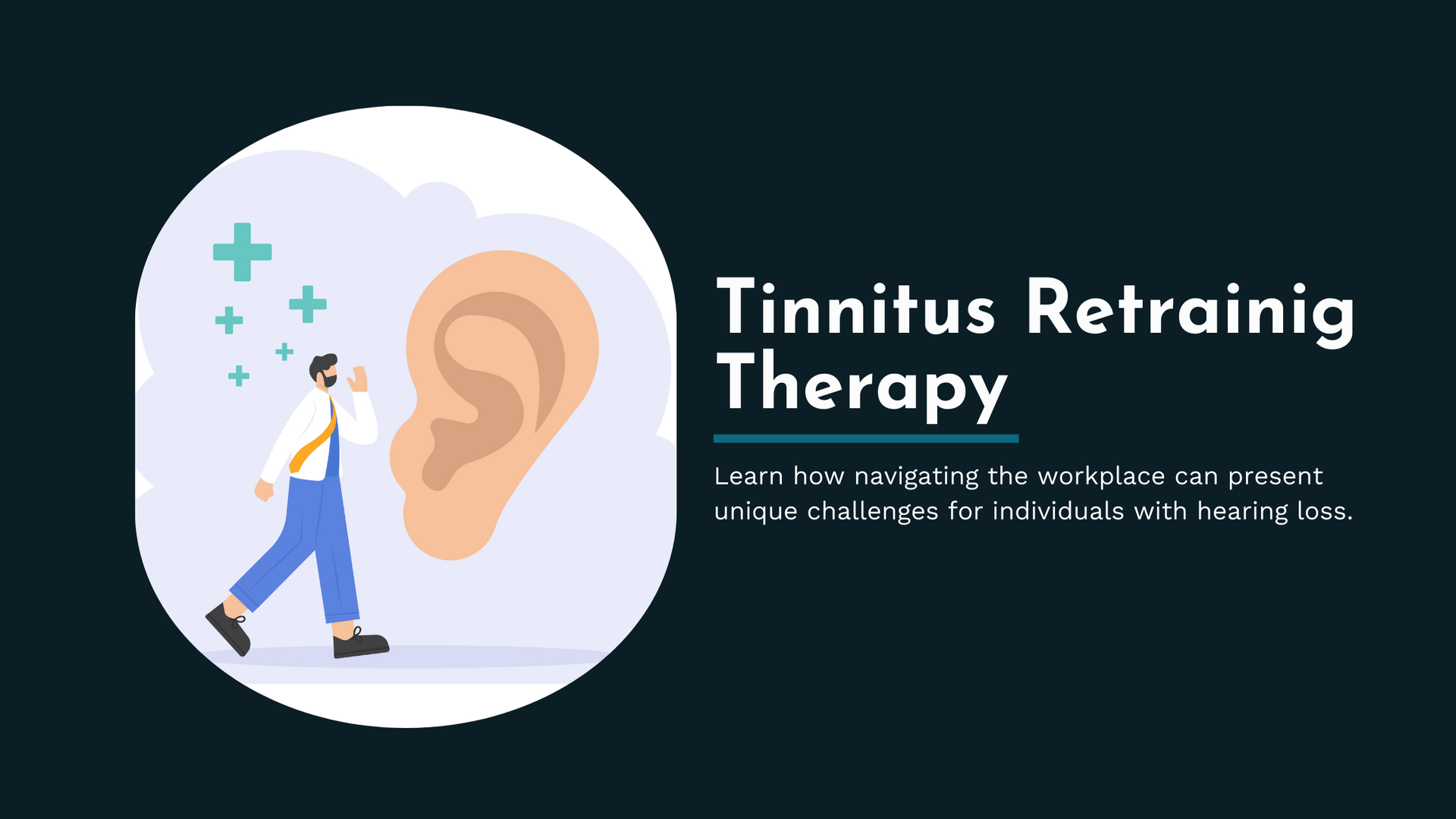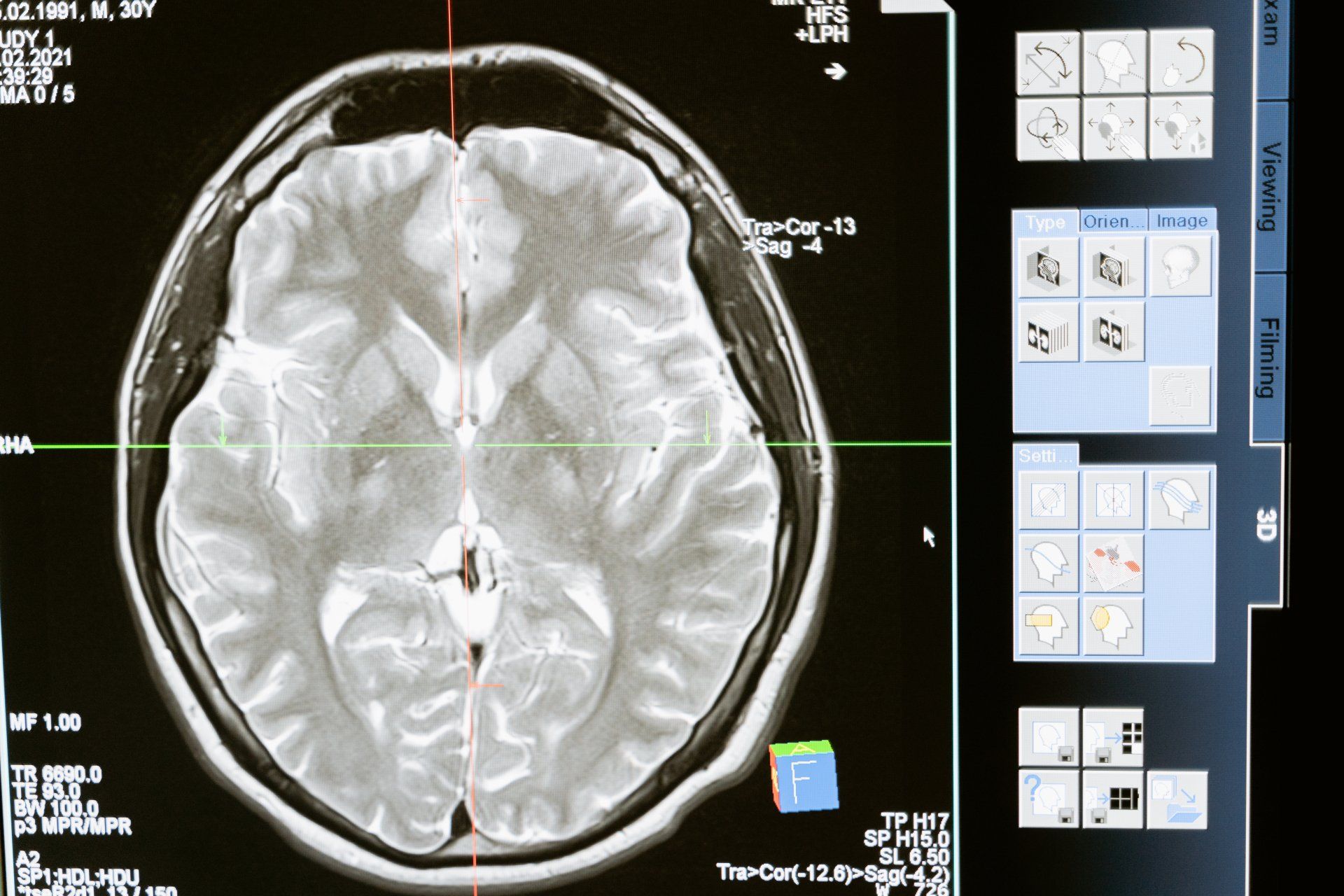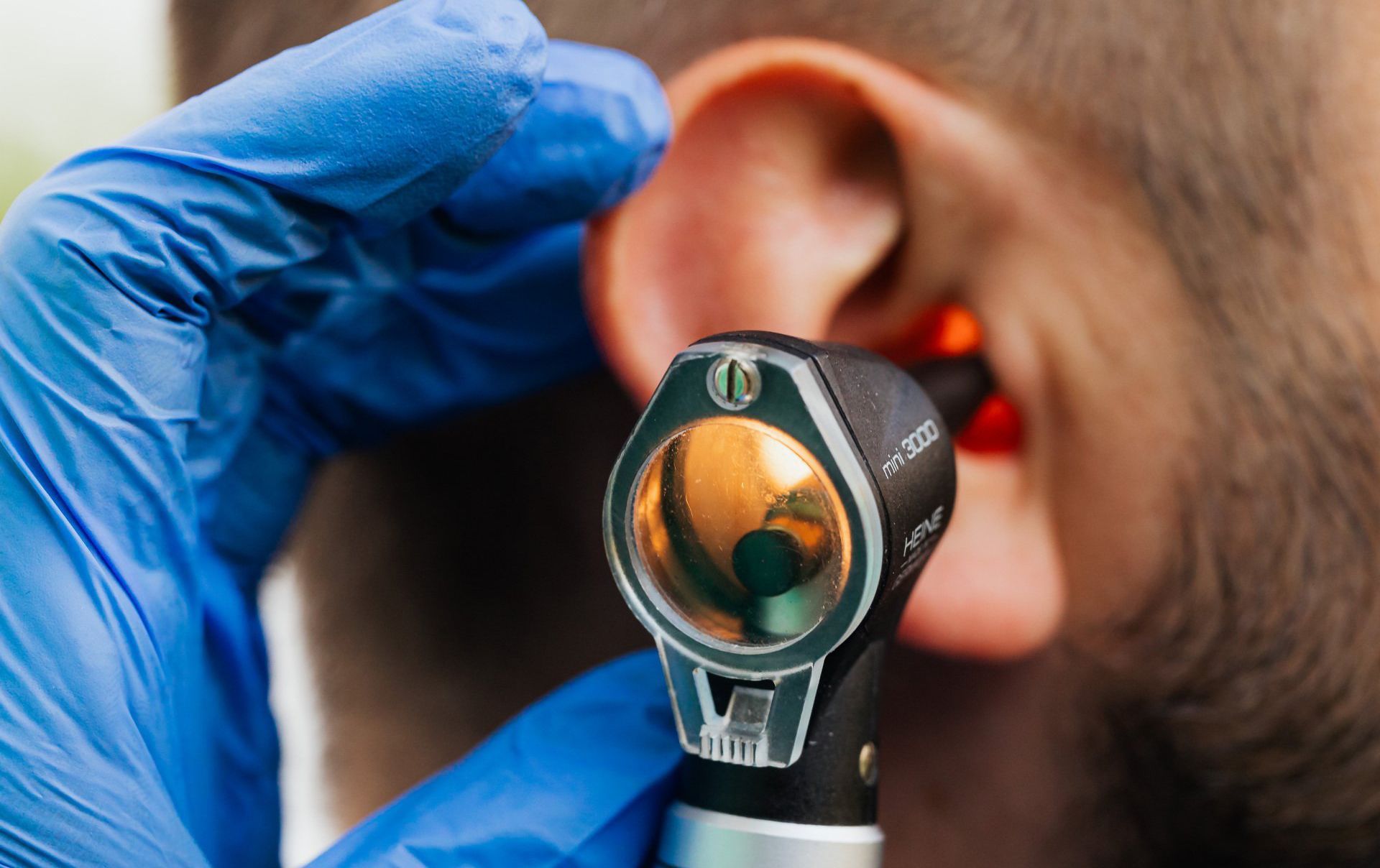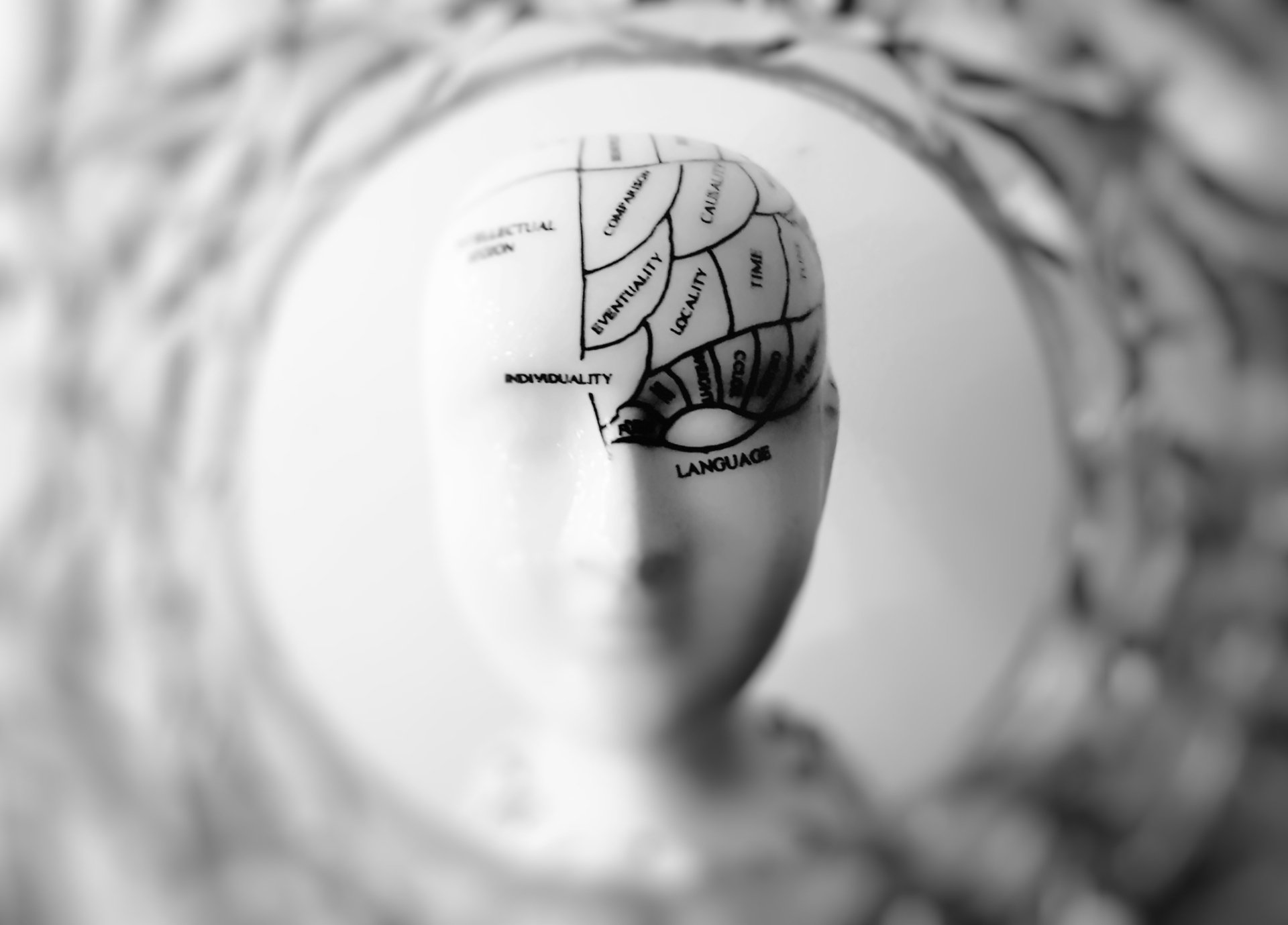How is Your Hearing? Explaining the Audiogram and Auditory Deprivation
When you have your hearing tested, the goal is to find out if your hearing is normal at the frequencies you need to hear speech. Your results are plotted on a graph called an audiogram that shows the pitches from low pitch to high from left to right on the graph. The volume that you can first detect the sound is called your threshold, and those levels are marked as an O for the right ear and an X for the left ear at each pitch that is tested. This is called puretone testing and takes place in a soundproof booth where you will press a button when you hear each of the pitches. This will provide a baseline level for your hearing. Another test that is typically performed is tympanometry, which measures the vibration of your eardrum and checks for the presence of middle ear fluid and perforations (holes) in the eardrum.
To hear all the sounds of speech, you need to have normal hearing, which means you can hear all the pitches at 25 dB (decibels) or quieter. If you are unable to hear sounds within the normal range, you are missing sounds of speech, and your brain is experiencing auditory deprivation. Auditory deprivation not only affects your interactions with family and friends, but according to research is associated with cognitive decline and dementia (Hearing Health & Technology Matters, 2025)
Audiological testing also provides information about other medical conditions that can affect hearing and balance. This is why prior to confirming diagnoses related to the ears, ENT doctors or physicians may request that you have your hearing tested. While you may be functioning adequately with the help of visual cues and context, functioning is not the same as hearing. Uncorrected hearing loss is detrimental for your brain health and should be addressed sooner rather than later. If you or your loved ones notice any changes in your hearing over time, we strongly recommend booking in for a test. Our audiologists will take the time to perform a detailed test, explain all the results, and make clear recommendations for moving forward.
Reference:
Hearing Health & Technology Matters. (2025, January 26). Hearing loss and cognitive decline: New research reinforces the link and the role of early intervention. https://hearinghealthmatters.org/hearing-news-watch/2025/hearing-loss-cognitive-decline/











